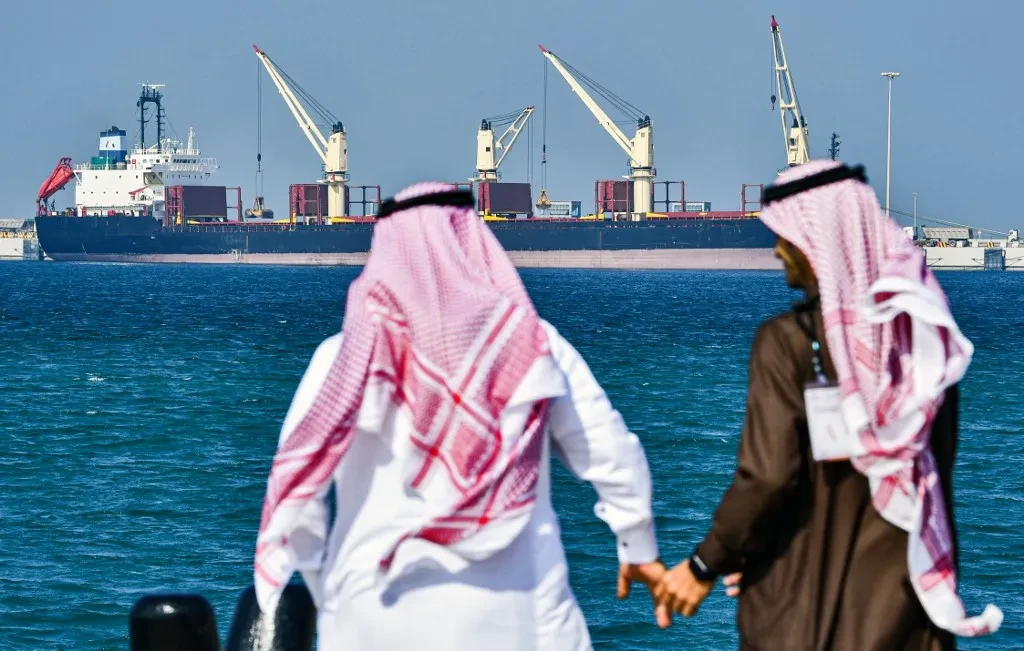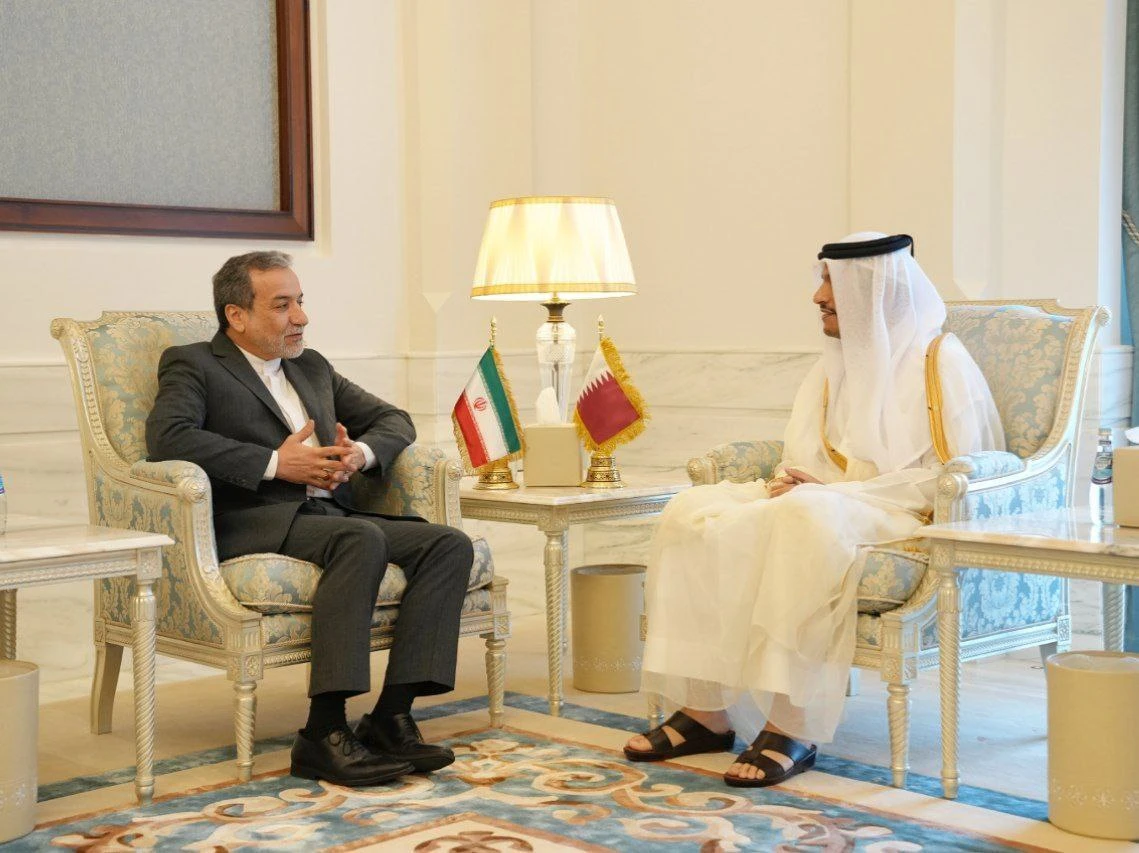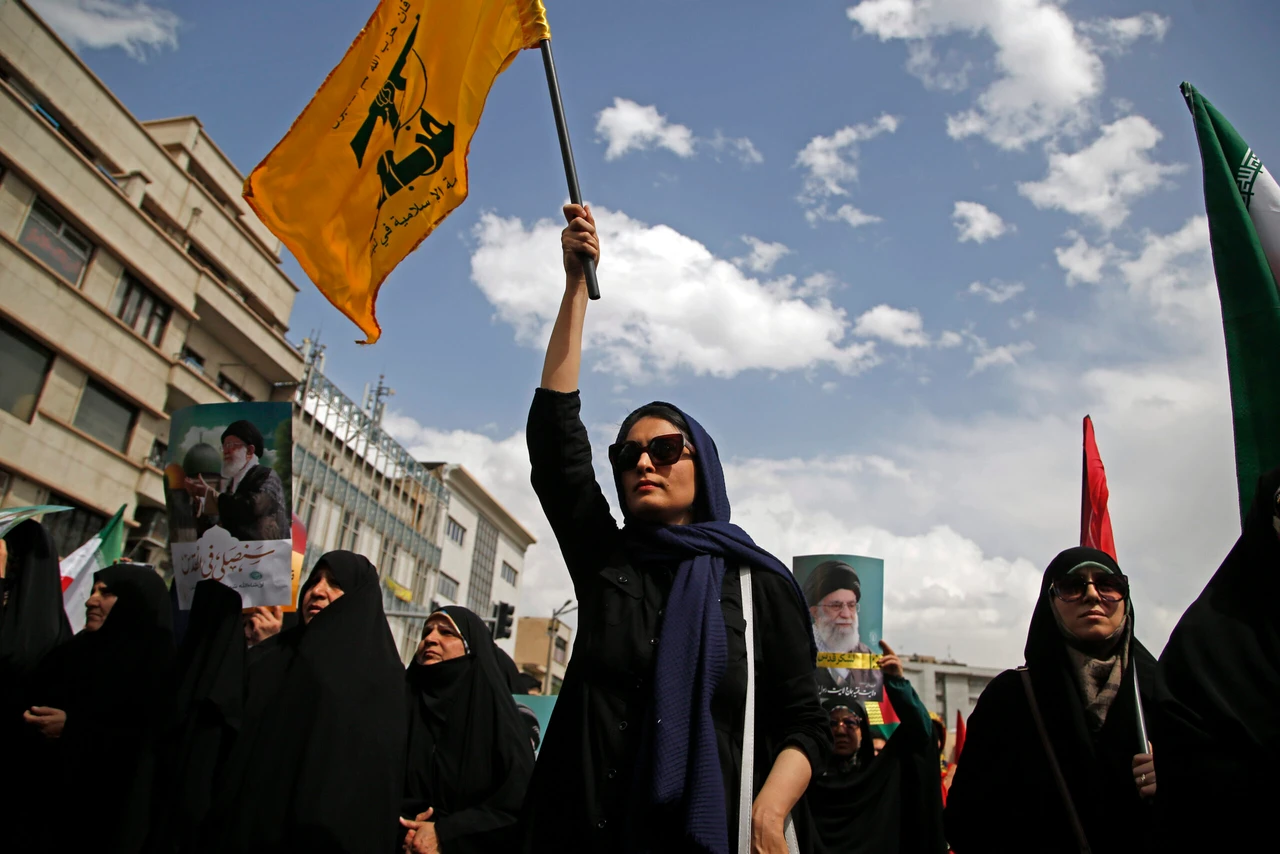Gulf states urge US to stop potential Israeli retaliation strikes on Iran’s oil sites
 An oil tanker at the port of Ras al-Khair, about 185 kilometers north of Dammam in Saudi Arabia overlooking the Persian Gulf. (Photo: AFP / Giuseppe Cacace)
An oil tanker at the port of Ras al-Khair, about 185 kilometers north of Dammam in Saudi Arabia overlooking the Persian Gulf. (Photo: AFP / Giuseppe Cacace)
Gulf states, including Saudi Arabia, the United Arab Emirates, and Qatar, are lobbying the U.S. to prevent Israel from attacking Iran’s oil facilities, concerned that such strikes could provoke retaliatory attacks on their own oil infrastructure, three Gulf sources told Reuters. The states have also refused to allow Israel to use their airspace for any potential strikes on Iran.
Gulf states seek to avoid escalation
Amid rising tensions following Israel’s promise to retaliate for a recent Iranian missile attack, Gulf leaders have expressed fears of being caught in a regional conflict. Iranian officials have reportedly warned Saudi Arabia that any support for Israeli strikes would lead to serious repercussions, including potential attacks by Tehran’s regional allies.

Diplomatic efforts underway
In recent meetings, Iran urged Gulf states to use their influence with Washington to help de-escalate the situation. Meanwhile, Saudi Crown Prince Mohammed bin Salman held talks with Iranian Foreign Minister Abbas Araqchi, as diplomatic efforts intensify to prevent a broader war. Gulf states are particularly concerned about the impact of any conflict on global oil supplies.

Concerns over oil security
Gulf sources emphasized that oil facilities in Saudi Arabia and the UAE could become targets in retaliation for any Israeli strike on Iran’s oil sites. Despite advanced missile defense systems, Gulf states fear potential damage from Iran’s missile capabilities.
A regional oil supply disruption could have global ramifications, including a surge in oil prices, experts warn.

US and Israeli discussions
While the White House has not commented on Gulf requests to ensure a measured Israeli response, discussions between U.S. and Gulf officials have been ongoing. Israeli officials are reportedly considering various options, including a potential strike on Iranian oil infrastructure, but no decision has been made yet.



